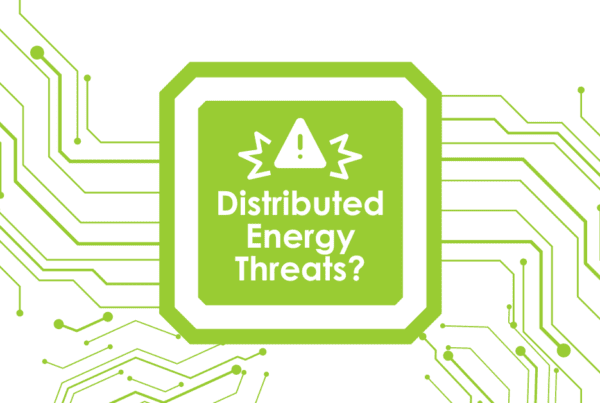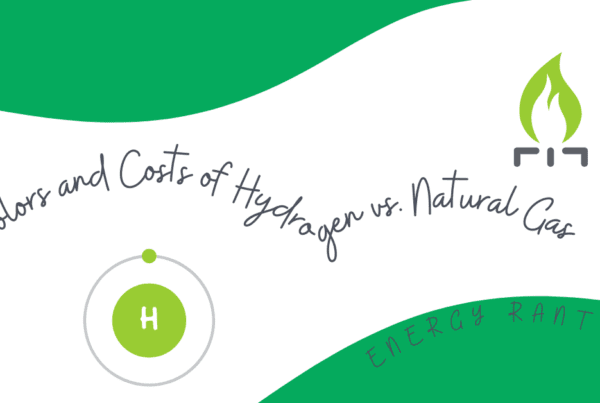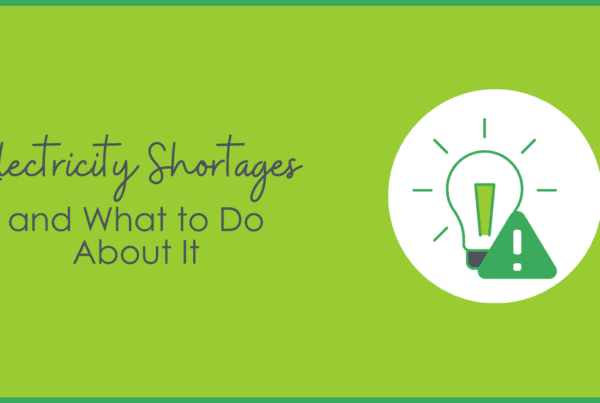I read this article http://www.usatoday.com/tech/news/2010-01-05-home-energy-efficiency-demand_N.htm and the thought came to mind, “are energy efficiency incentives really incentives pushing people to implement energy efficiency – or coupons offering a discount for energy efficiency measures?” What’s the difference? I would say it’s huge.
Retailers abhor it when the trained shopper waits for deep discounts to buy, obviously at a much lower profit margin. Likewise, there is nothing airlines hate worse than an airfare war. Buyers of “American made” automobiles (GM, Ford, Chrysler) have been trained to wait for huge incentives, which is one of the reasons two of three essentially failed. Again, the price-sensitive buyer waits for the discounts to surface.
Energy efficiency programs to many, if not most consumers really represents a means to discount new stuff they want and they go coupon clipping through their energy efficiency program to get it. If the coupon isn’t there they will often times wait for it.
The goal of many energy efficiency programs is “market transformation”. Transformation to what? Transformation to a free-market no-incentive energy efficiency industry, or transformation to dependency perpetuating programs? I would argue the latter has occurred to a large extent. End users demand free money before they implement energy efficiency measures, even if they are excellent investments. Perhaps this is why some programs have dropped the catch phrase” market transformation”.
What is the problem here? In short, energy savings are typically invisible and saving money isn’t as attractive as getting free money. (which reminds me, it always cracks me up when people tell me they like higher withholding on their taxes so they get a check after the first of the year – of their own money)
What’s the solution? Demonstrate the savings! How can this be done? It depends on the level of energy savings. We have started to track energy bills on all commercial energy efficiency projects we’re involved with. We can use energy bills because typically, savings estimates are greater than 20% of the bill and we’re not afraid to look at the results. In fact, we’re looking to the results to build a long case study list to sell more projects.
For the home there are several home monitors that not only track total energy consumption, they track consumption of every circuit in the distribution panel. So if your kids take 15 minute showers you may be able to meter your water heater and charge them for it. Think about that!
The other major benefit of monitoring energy consumption is persistence of savings over the long term. When people have access to energy consumption data, I believe they naturally start to monitor and use less energy, that is, if they care in the first place.
So what is the conclusion here? Maybe utility and other energy efficiency programs should start incentivizing metering and energy tracking. There are challenges with this but they can be overcome. In addition to saving more energy as described above, it will expose snake-oil salesmen. Everyone could use fewer of these guys. In fact, that will be the subject of another rant.






Join the discussion One Comment